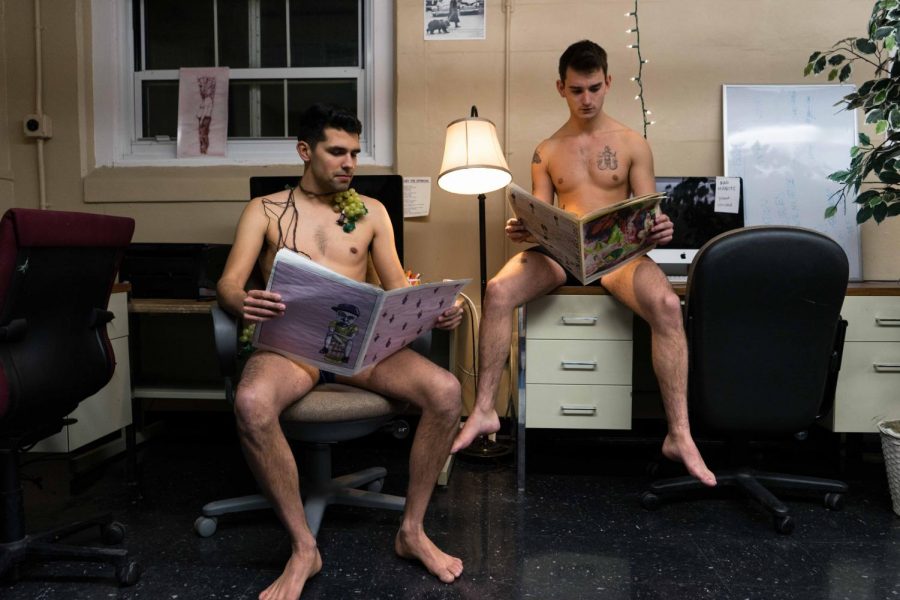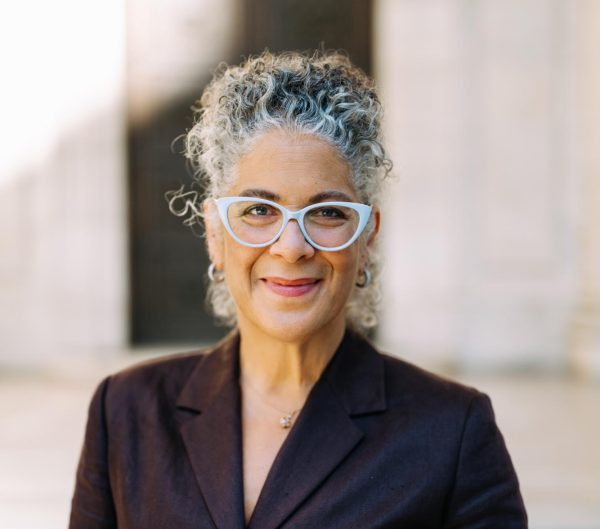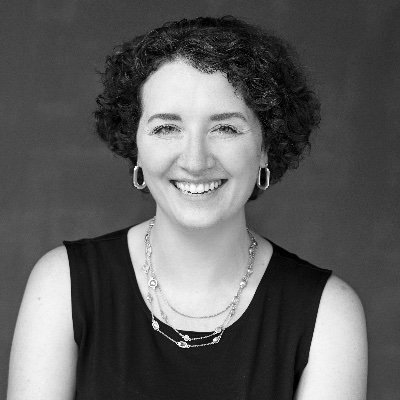Jake Bernstein and Luke Fortney, Editors-in-Chief of The Grape
College seniors Luke Fortney and Jake Berstein are Editors-in-Chief of The Grape, Oberlin’s biweekly alternative newspaper that has printing since 1999. Fortney has worked at The Grape for three semesters as a copy editor and contributing writer before starting as an EIC in fall 2017. Berstein joined the publication the spring of his sophomore year, working as a contributing writer and features editor before becoming an EIC last fall.
This interview has been edited for length and clarity.
How do you think The Grape has changed under your leadership compared to your predecessors?
Jake Berstein: I would say that we … started taking ourselves more seriously, and a lot of that has to do with our staff more so than Luke and I — but it was a big part of putting together the team. And everyone is super energetic and takes this pretty seriously, and I feel like we’ve also agreed on a vision for the first time.
Luke Fortney: I feel like we’ve just become more intentional. If we’re going to be silly, and we’re going to be goofy, why are we doing that? And I think like Jake said, this is one of the first times it doesn’t feel so random, I guess.
What is your vision for The Grape?
LF: Totally frankly speaking, I would like for The Grape to no longer be Oberlin’s alternative newspaper, because I think “alternative” has really strange connotations. People hear alternative and they’re like, “oh hipster, white, elite people.” And yeah, as long as I’ve been on The Grape that’s what it’s been. Alternative also suggests like we’re this thing that defines itself in relation to The Oberlin Review, which is super flattering and works in the first days you’re a newspaper, but we’re now talking almost 20 years later since The Grape started in 1999. So I think it’s time to define ourselves as our own thing.
JB: I would just say that for me, what I’ve always wanted The Grape to be is a complete reflection of campus — and that includes music, it includes art, it includes politics, it includes activism, it includes people f***ing up, and yeah, it includes all the conversations that we are having.
Can you talk more about people f***ing up, because last semester you had some controversy with that?
JB: Yeah. People came up to us especially when, like, Kameron Dunbar wrote that article for you guys about diversity. And when we keep messing up, people come up to us and they’re like, “You guys are getting roasted; I feel so bad for you.” But that criticism that people have levied against us is totally right, and I just feel like we’re constantly evolving. And a lot of that includes f***ing up, making mistakes, and we just own those. Obviously as much as possible we’d like to not offend people and not really harm people through our published stuff. But we’re going to make mistakes, and keep making mistakes, but every time we learn from it and completely change our process based on those mistakes.
Especially last semester, we noticed that you guys did some really concrete journalism. Can you talk a little bit about that, or what your favorite pieces that you worked on were?
JB: I feel like both Luke and I wrote articles that … for me, it reminded me why I like doing this stuff — because for awhile, I kind of grew to hate writing journalistically. But I wrote this article about shoplifting, and to do it, I talked to a ton of people from town. And all of the sources that I grew relationships with — they really felt like it was important that I had written that, and I felt like it was important. And I think it changed something. So, yeah, that was a really big one for me. And I think it was the only article I wrote that semester, because we had so much stuff to do.
LF: For me, it definitely was this piece about The Feve, which was not only immensely fun to report, but also is one of the few times that I’ve written a piece of journalism and then had the people it’s about intentionally seek me out afterwards to tell me that I accurately represented them. There was another time, also, when I was at the bar, and I would have people coming up to me after the article and being like — you know, this is kind of insignificant — but like, “Oh, I read your piece and have been tipping more consciously, and have just been thinking about the way that I interact with food service workers in Oberlin.” So for me, that was cool, because it’s all about audience response and maybe slightly changing the way someone feels about something.
Can you give any hints about what might be coming down the pipes this semester?
JB: Oh, big things. We’re rolling out a new website — that’s going to be huge. And that includes more digital content.
LF: I just am hoping for a quieter semester. It’s really tough to say, because I’m like, yeah, we wanna come into this semester and make a splash, but historically that has not been the greatest thing. I feel like I’m ready to have a really put-together semester. We have a really incredible staff of young, passionate writers. And I don’t really know what they’re gonna do, but I’m so excited to find out and support them. We just have this incredible bunch.
Do you have any thoughts on the historic The Grape-Review feud?
JB: Yes. The Grape can’t do its thing without the Review. And for me, there’s only love.










